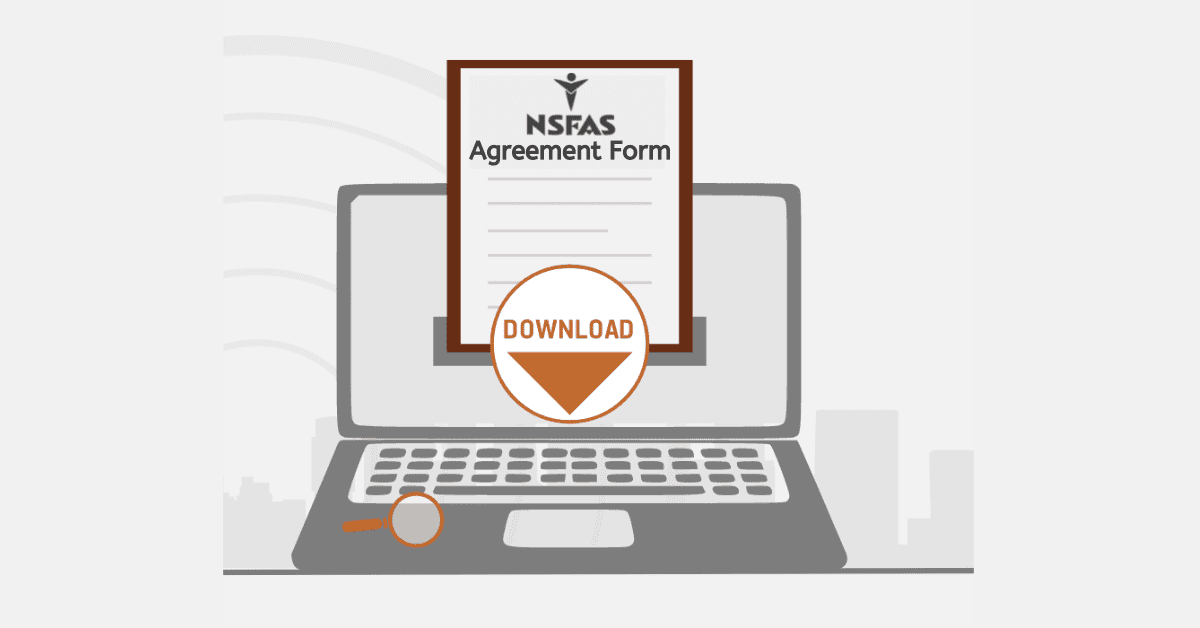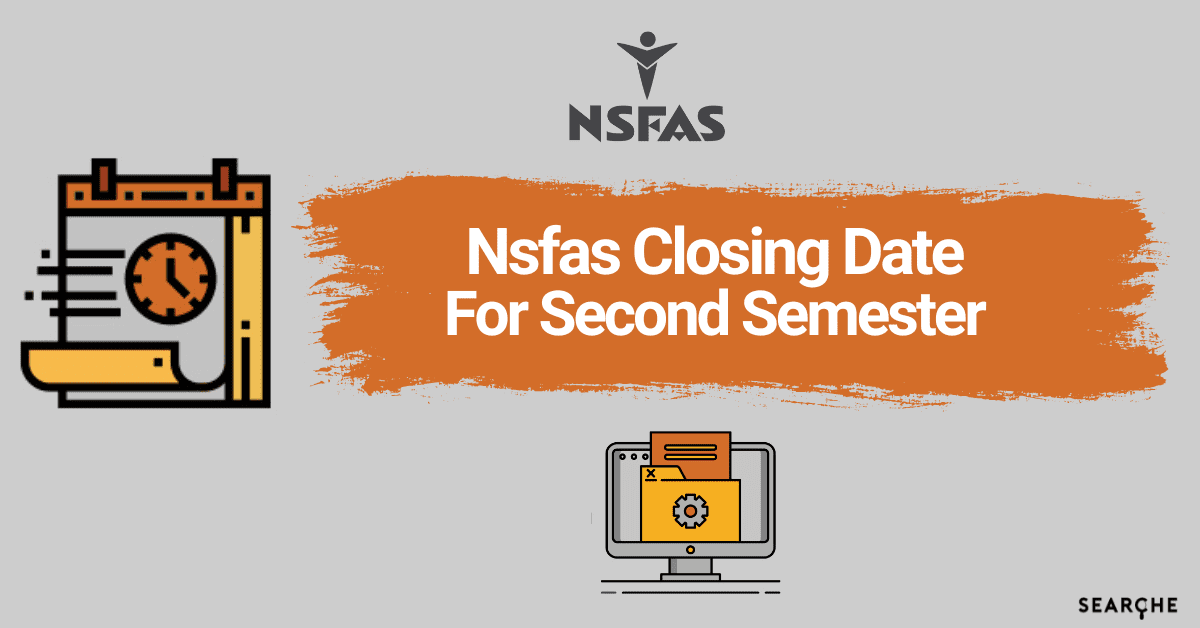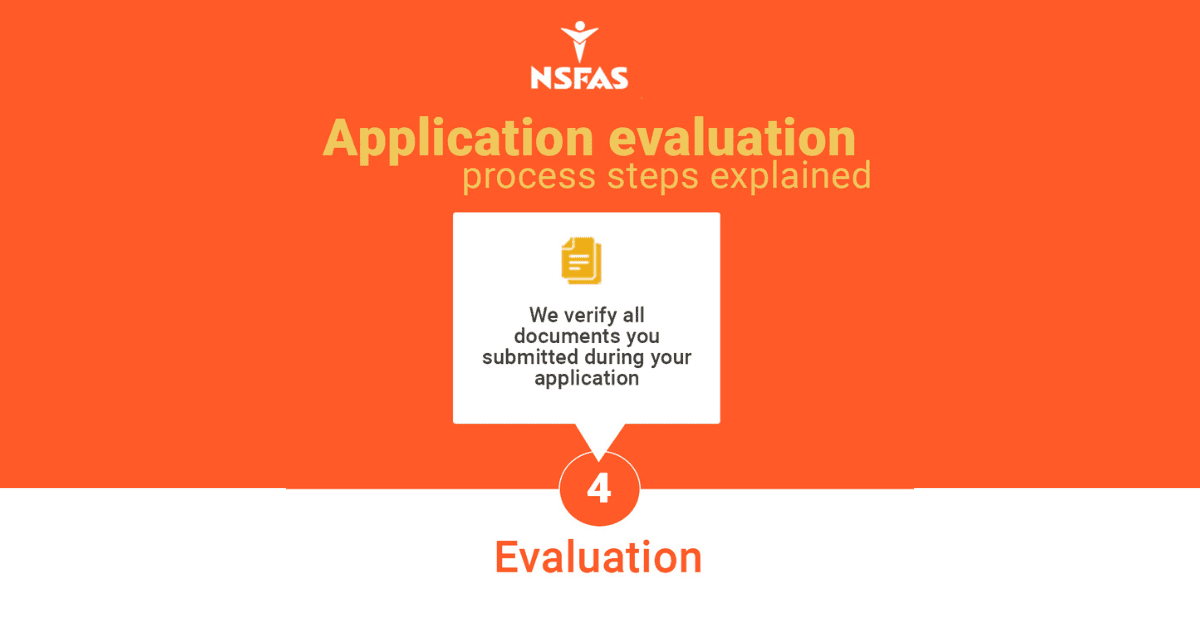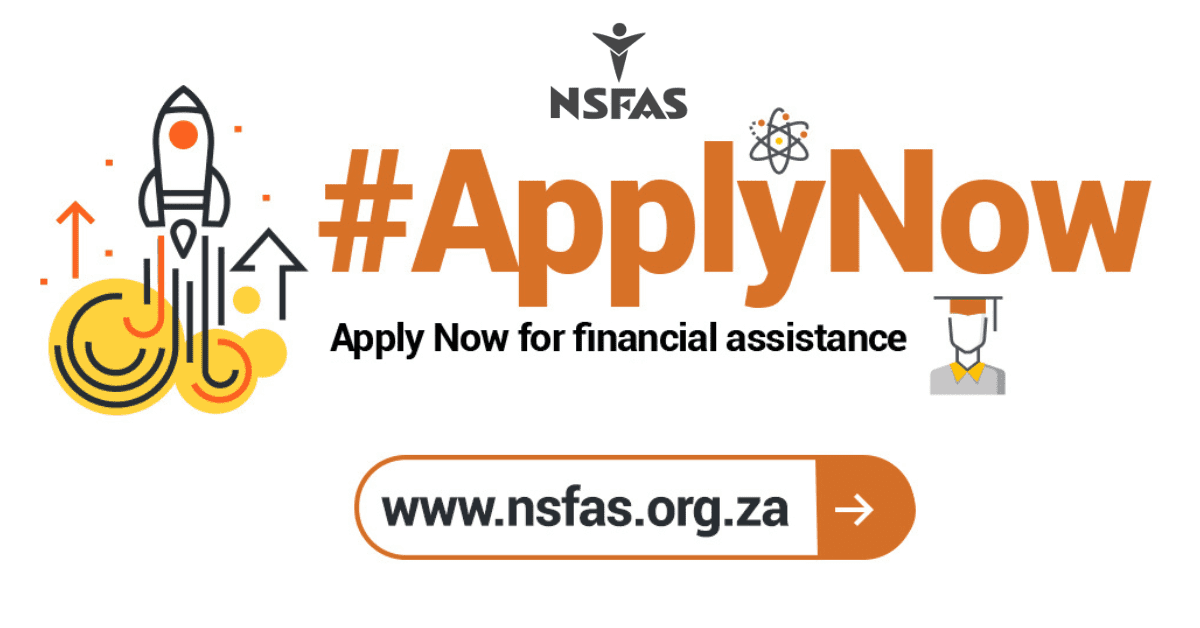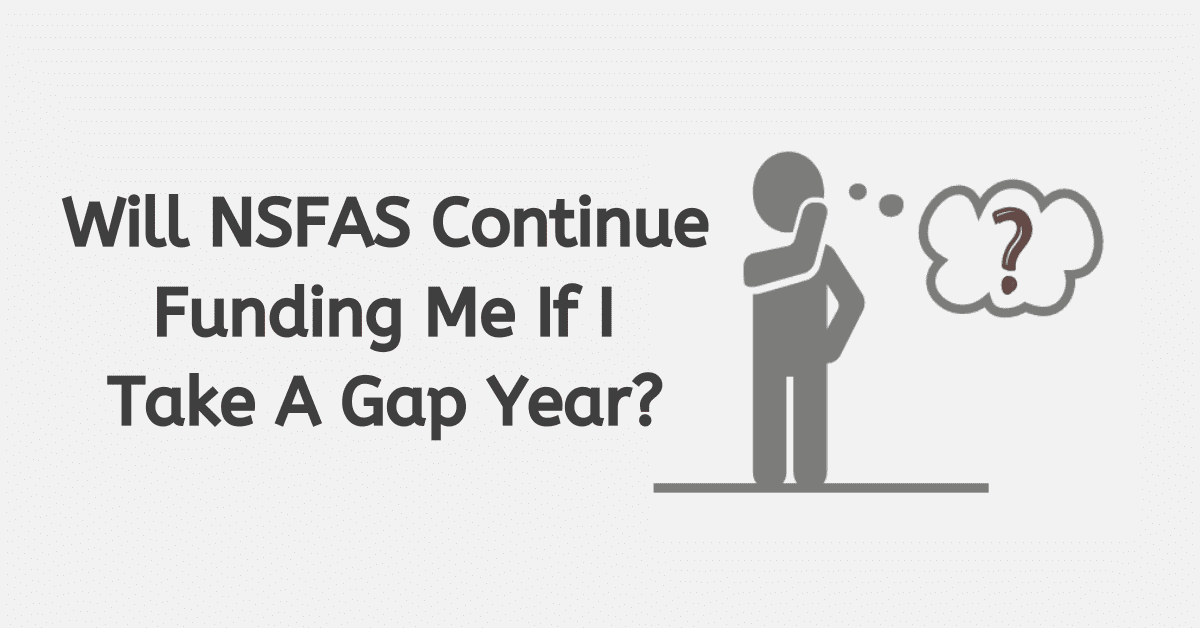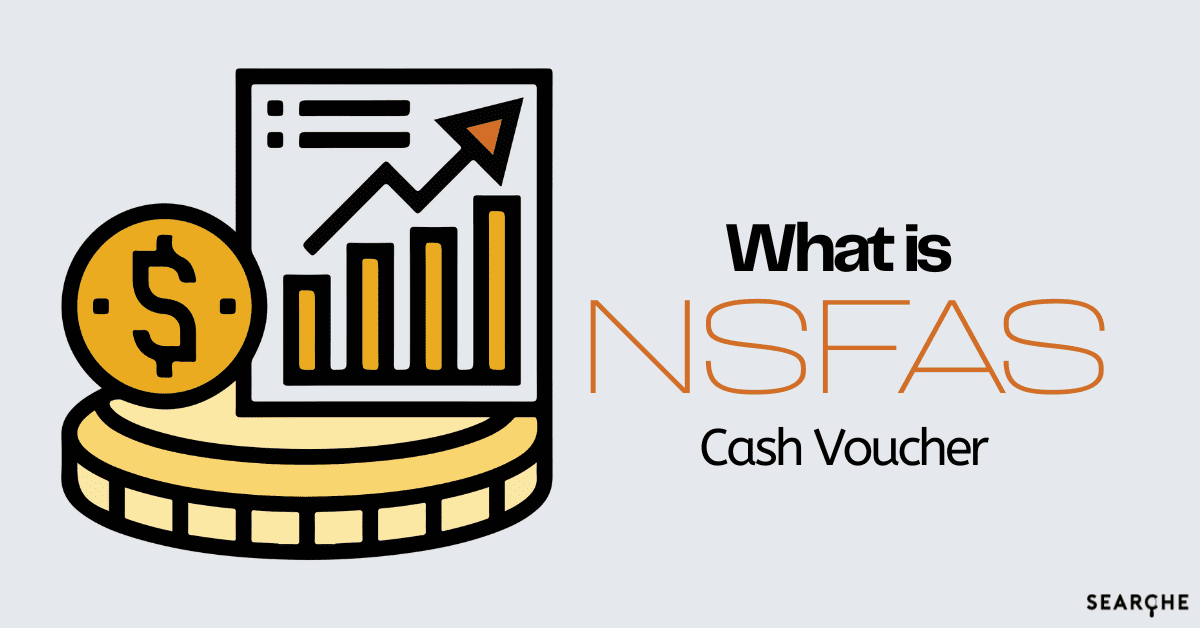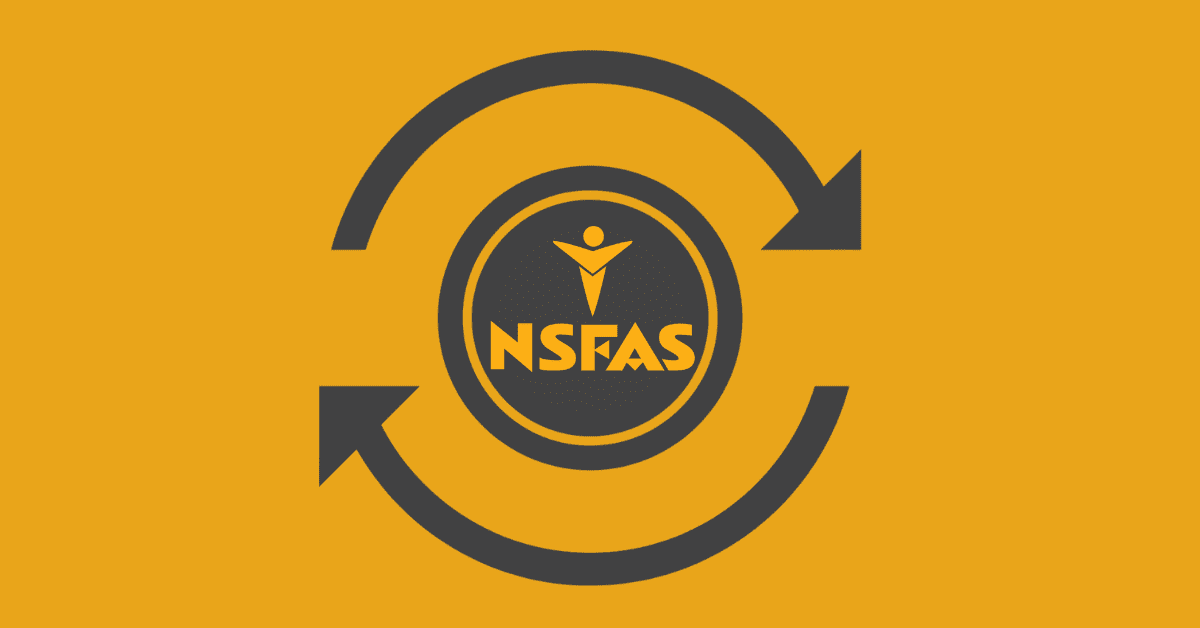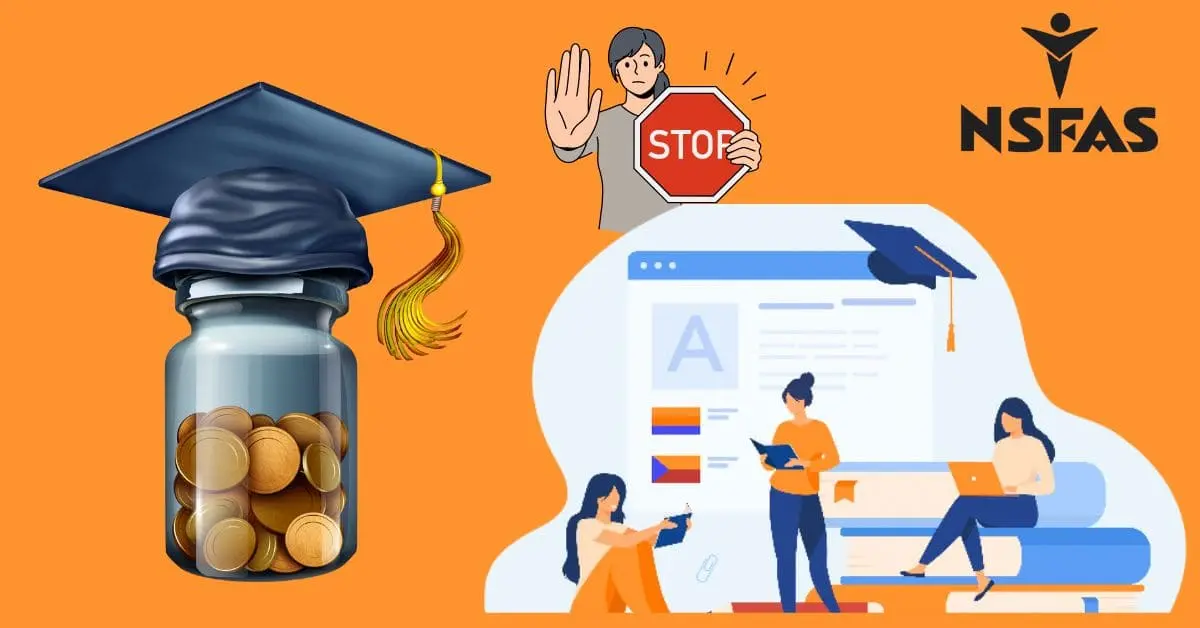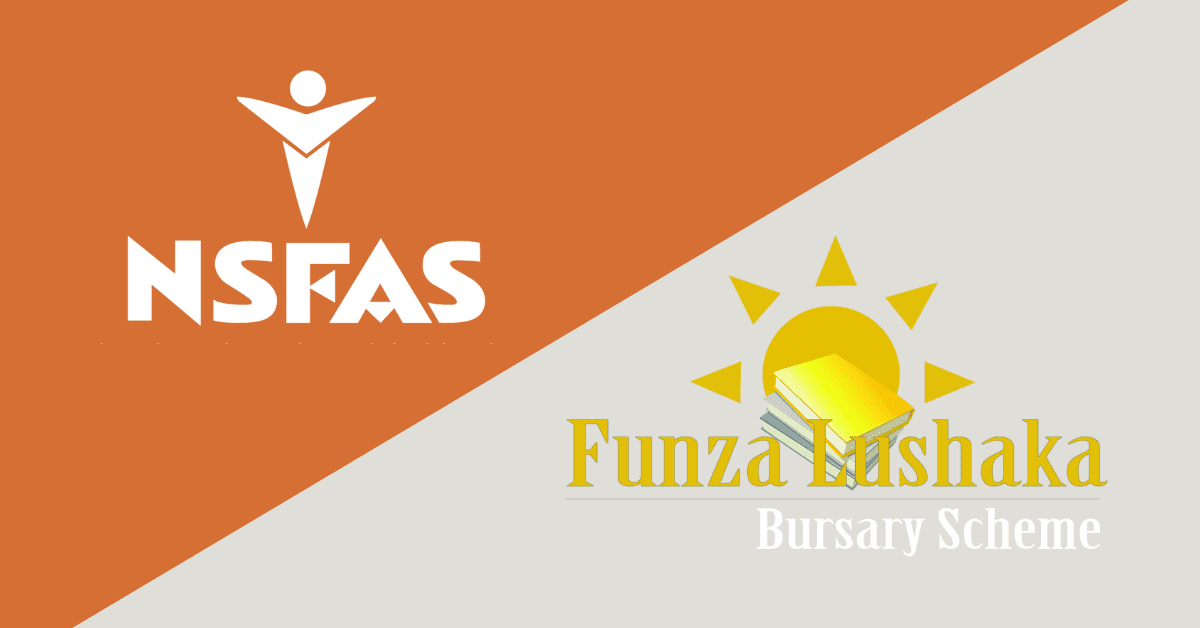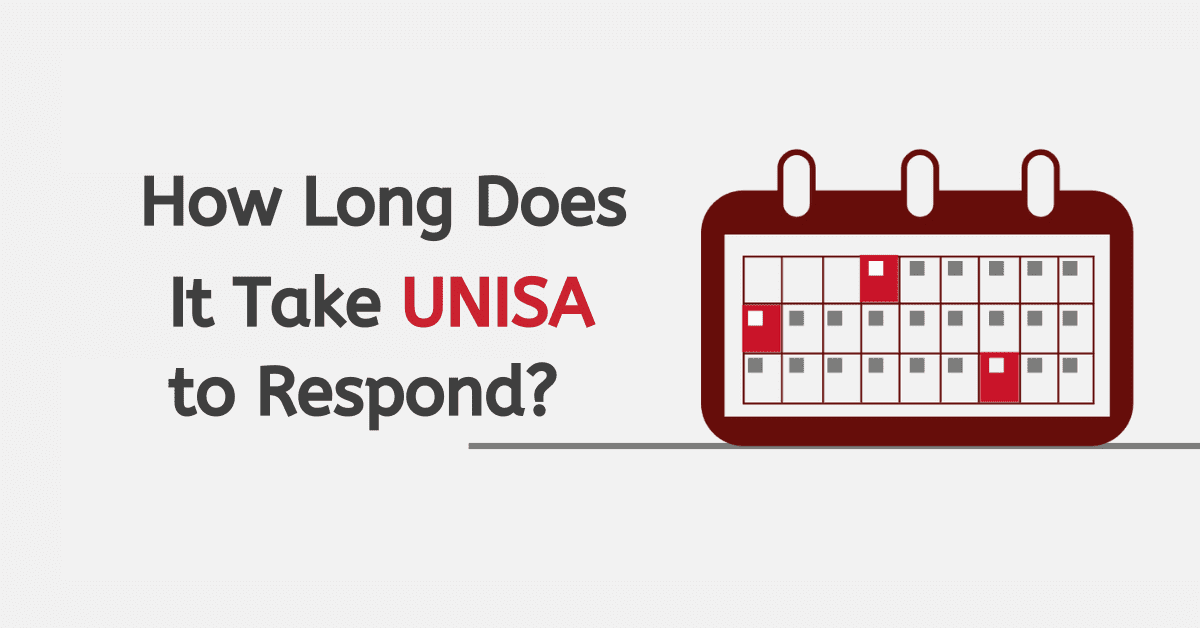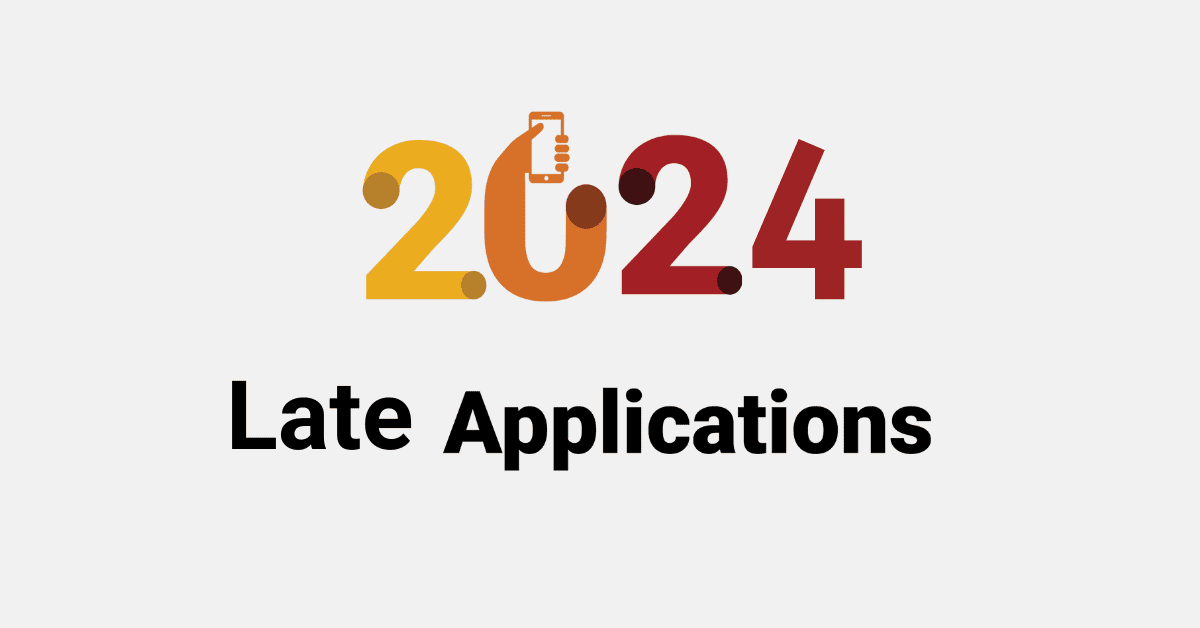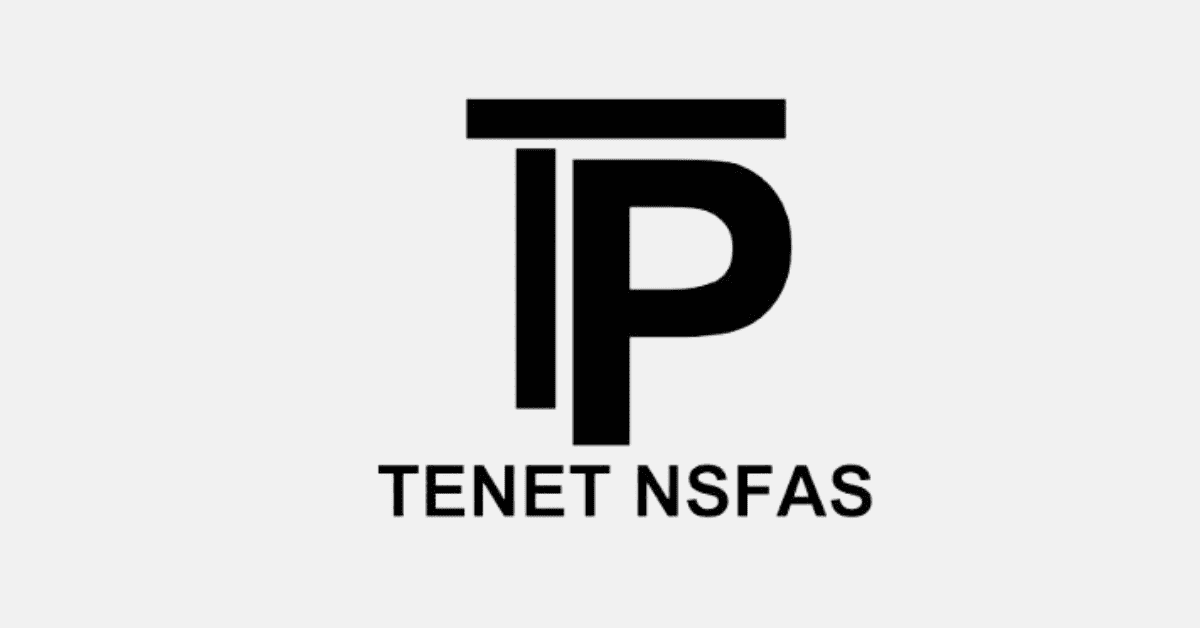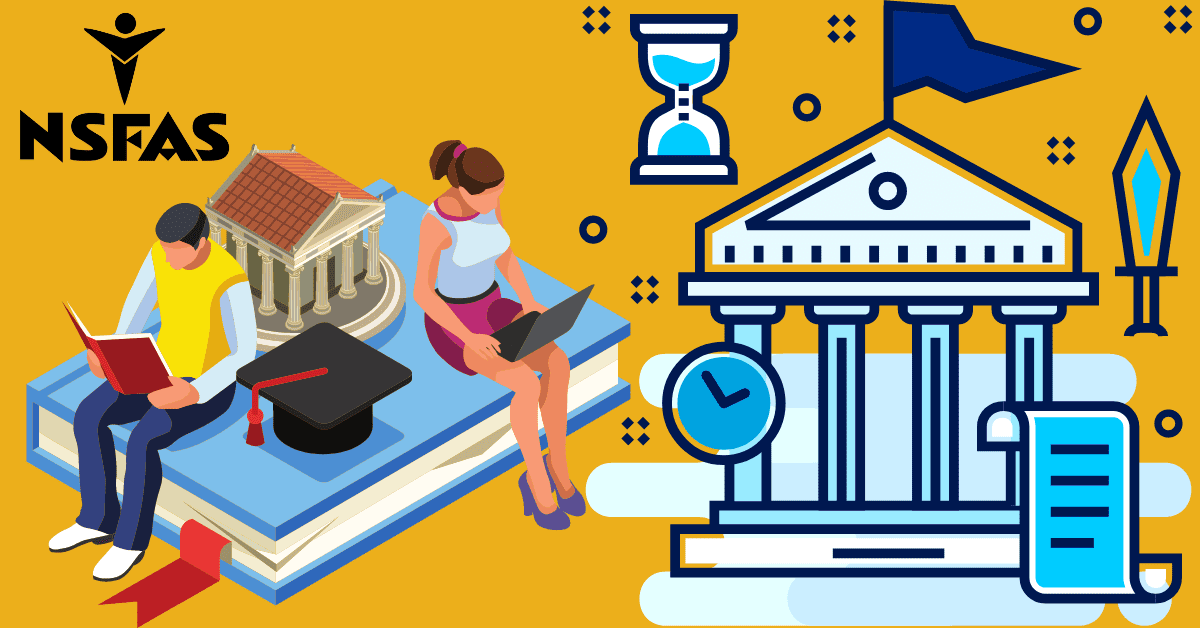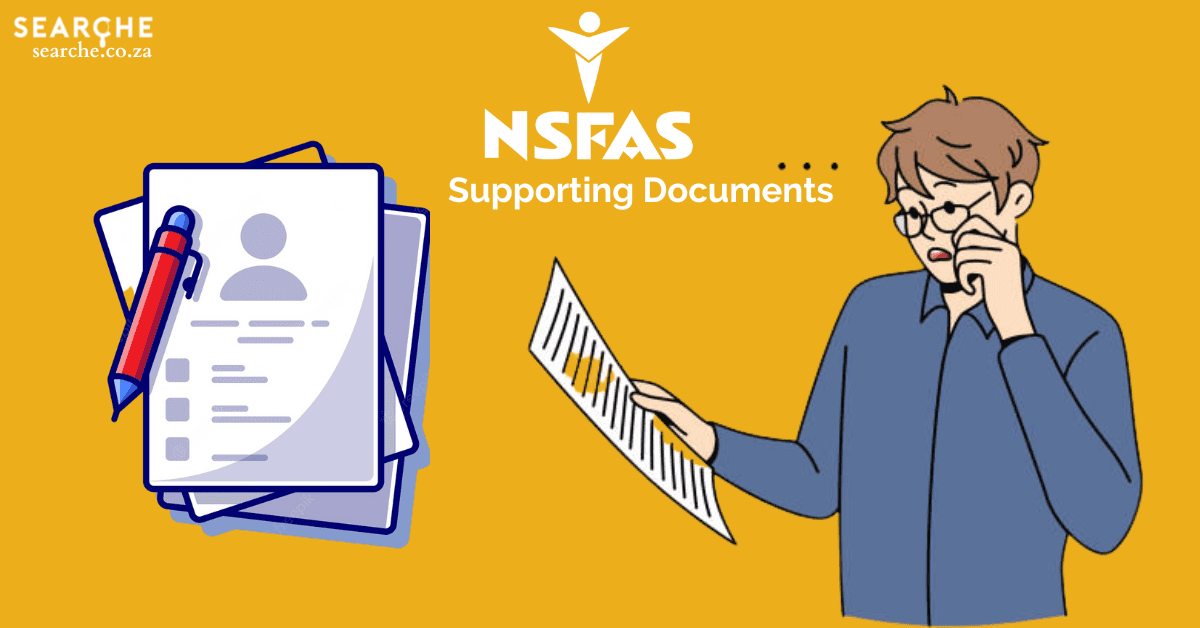NSFAS has set itself up as a bulwark against poverty and the socioeconomic inequalities born from apartheid and colonialism that threaten South Africa.
It does so by empowering prospective students who’ve achieved certificate passes at the National Senior Certificate (NSC) with the opportunity to further their academic careers at any public university or TVET college.
It also grants post-school career opportunities into TVET college courses to all those who have successfully completed their grade 9 academic years.
Of the total number of students who pass the NSC examination, only 65% have, historically, access to higher education.
To account for the high number of eligible students who do not pursue post-NSC academic careers, NSFAS has come up with a number of contingencies.
Most notably, NSFAS’s 2018 change from a student loan scheme to a bursary scheme easing the debt burden on its poor and working-class beneficiaries.
And the decision by the Department of Higher Education and Training (DHET) to increase the eligibility threshold from R122 000 per annum to R350 000 per annum.
This has increased the eligibility of prospective first-time entering (FTEN) bachelor students and senior students who qualify for NSFAS to 55% and 35%, respectively.
With the difference in eligibility rates amongst FTEN and senior students at university being the result of the change in the household income limit from R122 000 to R350 000 per year.
This difference is expected to be eliminated by 2025 when all students will have their financial eligibility evaluated against a R350 000 per annum household income.
With projections for future NSFAS beneficiaries only expected to grow, it is important to know what it is exactly that the bursary scheme covers for its beneficiaries, the topic of today’s article.
What does NSFAS cover in 2025?
NSFAS is designed to help South Africa meet some of the most pertinent socioeconomic issues laid out in the National Development Plan (NDP).
Most notably, the part of the document that relates to the development of skills identified as a primary “driver of South African economic success and the elimination of economic imbalance flowing from past inequalities.”
NSFAS offers funding in the form of a bursary scheme to eligible students that cover one’s academic tenure at both the university and TVET college level.
For first-time (FETN) university students whose National Senior Certificate (NSC) pass qualifies them for an academic tenure at university, NSFAS covers
- Tuition fees.
- It also covers transport fees for students who reside 40km from their institution, with a limit of R7500 per year.
- Accommodation is also covered with a R15 000 a year living allowance
- R5200 a year book allowance
- Incidental/personal care allowance of R2 900 a year for students in catered residences.
And for beneficiaries studying towards a qualification at a TVET college, NSFAS will cover;
- Tuition fees.
- Accommodation, with the yearly amounts varying depending on the student’s residential area.
- With urban areas amounting to R24 000 a year, Peri-urban areas at R18 900 a year, and rural areas at R15 750 a year.
- Provisions are also made for transport costs for students staying 40km away from campus with a R7 350 a year allowance.
- And an incidental/personal care allowance of R2 900 a year.
NSFAS also provides assistive devices such as laptops to eligible students and medical assessments, equipment, and human support to applicants with disabilities.
What does the NSFAS allowance cover?
NSFAS covers all the costs that students might incur during their academic tenure, often budgeted ahead of an academic year and paid out in monthly increments.
The monthly allowances differ for students based on a number of factors, such as one’s institution and the courses studied.
The NSFAS allowances cover all the expenses that you will incur during your academic tenure, as well as living costs, transport, study utensils such as books and laptops, and assistance for beneficiaries living with disabilities.
For most students studying under NSFAS bursary, the following monthly expenses can be expected:
- A R433-a-month educational resources stipend often paid out in full at the beginning of the academic year.
- A living expense stipend of R1 250 a month.
- Incidental provisions of R241 a month.
- Travel costs of R625 a month.
- And accommodation varies for each student based on a number of personal factors.
What are the three expenses that are covered by NSFAS funding?
NSFAS covers all the expenses that a student may incur in a given academic year so they can focus on their studies and not the socioeconomic setbacks of being from poor and working-class families.
Under its auspices, NSFAS covers three of the main expenses that without it, would be unaffordable by its beneficiaries.
- These include the full cost of tuition in a given academic year.
- The cost of registration for the university and institution that accepts you for a specific course.
- And an allowance for the various expenses you are likely to incur on a personal basis during the course of your studies, such as allowances for food, learning material, personal care, accommodation, and transport.
What are the requirements to stay funded by NSFAS?
Considering how important NSFAS is to not only higher education but the development goals of the country too, it comes as no surprise that the bursary scheme would have a stringent set of criteria to remain eligible for funding as a student.
As of the date of writing to ensure you meet the requirements to allow you to continue receiving funding you must:
- Comply with all the academic requirements set out by your institution.
- Attend and ingratiate yourself in your academic institution’s academic timetable by attending lectures, tutorials, and academic support programs.
- Ensure that all your assignments and tasks are completed as stipulated and required by your institute of learning.
- And ensure, if you are an N+2 student, you take note of the N+ rule and meet the 50% pass criteria in order to remain eligible for funding.
It is also worth noting that NSFAS officials have suggested that for the 2025 academic year students, except for those entering higher education for the first time, need to pass 75% of their modules to continue receiving funding.
It is also noted that students who fail to meet this requirement will be allowed to appeal and subject to the appeal criteria as specified in the policy standard.
NSFAS spokesperson Kagisho Mamabolo said the proposed 75% pass on courses and modules is aimed at encouraging students to pass their courses.
